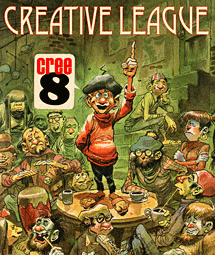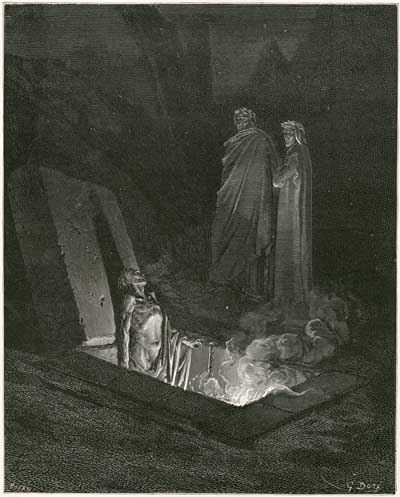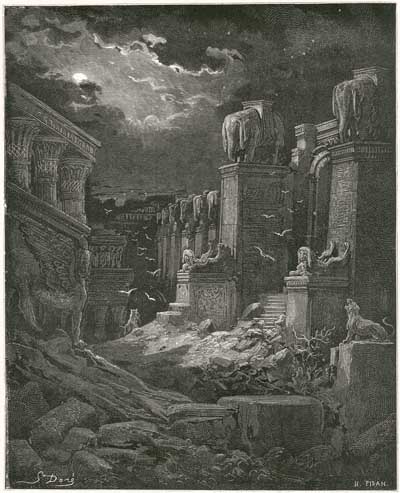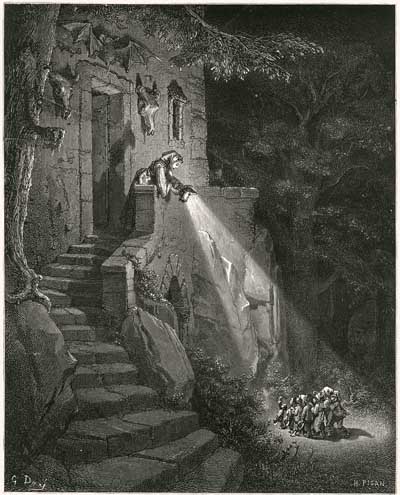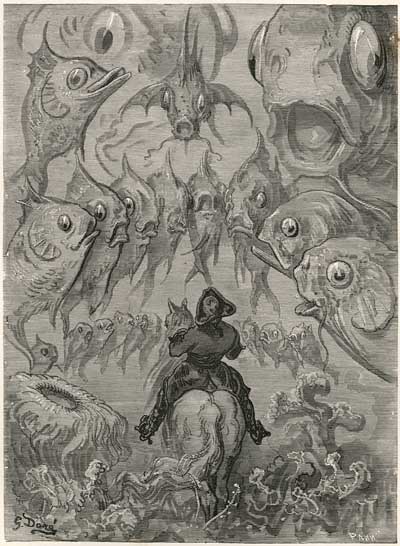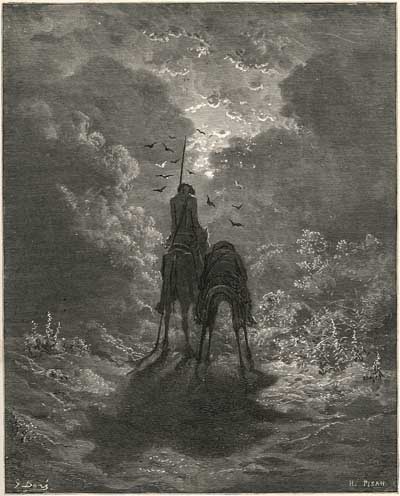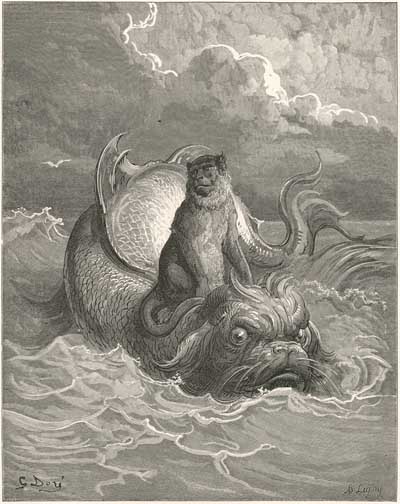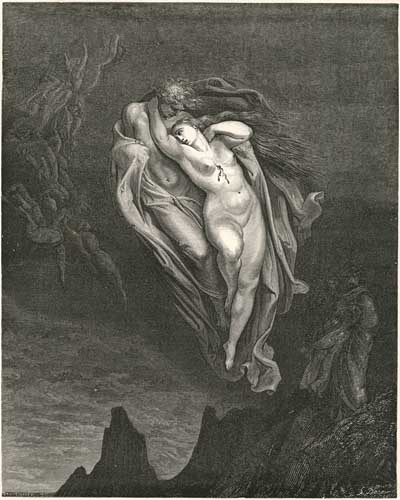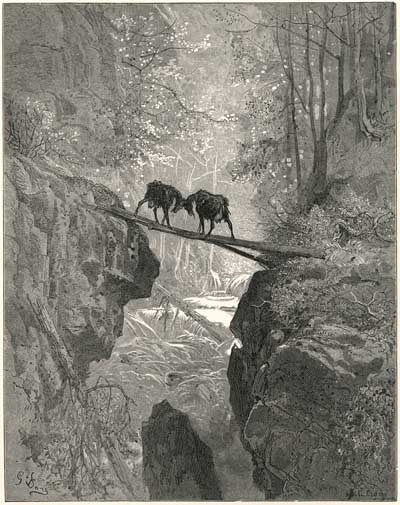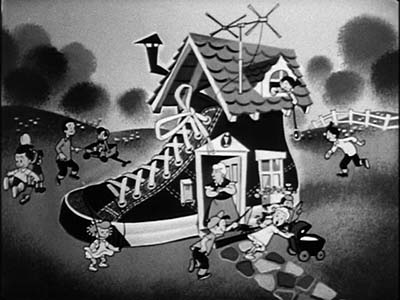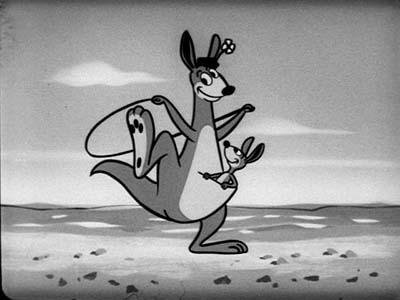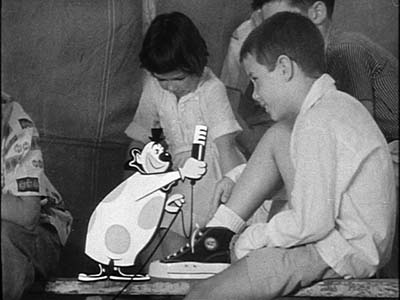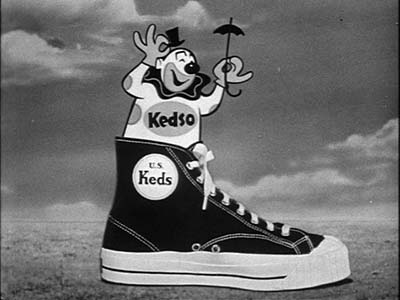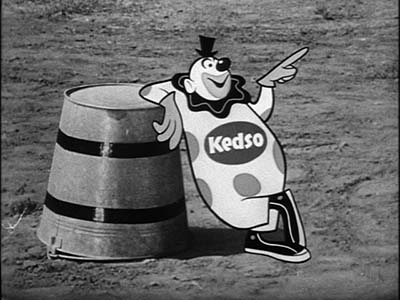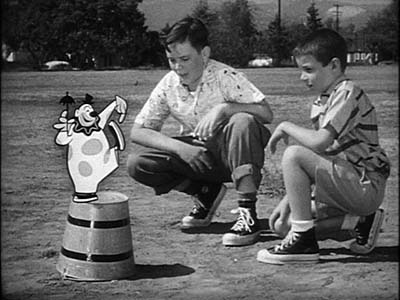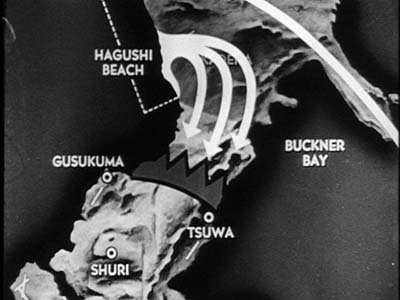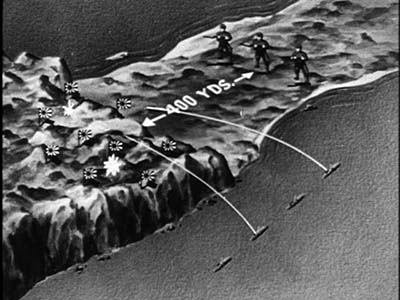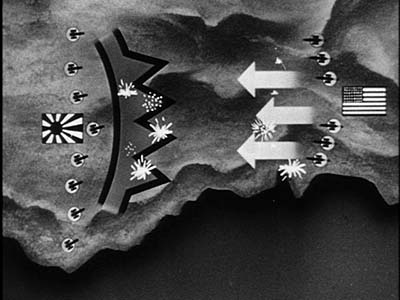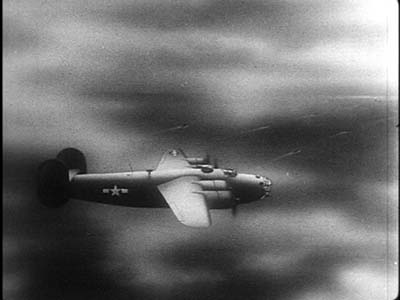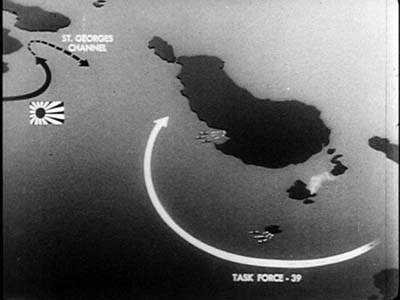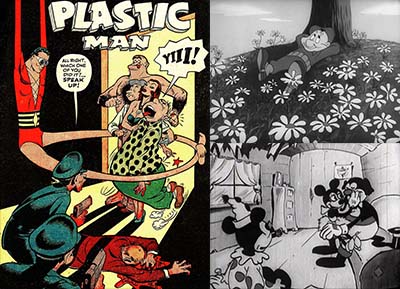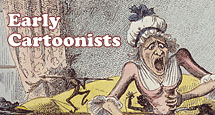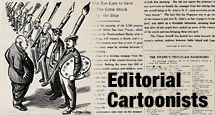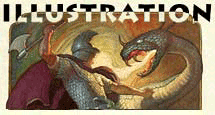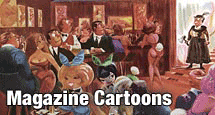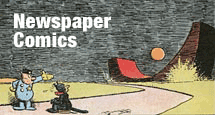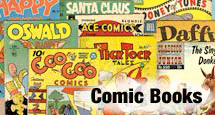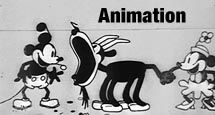ATTN ANIMATION RESOURCES MEMBERS: Reference Pack 009 has just been posted for download! It’s a really good one this time… An e-book packed with super high resolution scans of original engravings by Gustave Dore, more rare WW2 training films from the First Motion Picture Unit, and a fantastic reel of Keds shoe commercials featuring Kedso the Clown!
101 BEAUTIFUL IMAGES BY GUSTAVE DORE
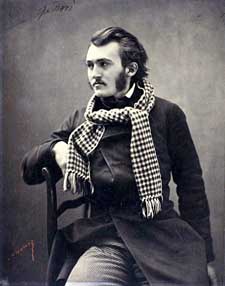
![]() Gustave Dore was probably the most famous illustrator who ever lived. He was born in 1832 in Strasbourg, France and began drawing at the age of five. He was entirely self-taught with an instinctual knack for light, form and composition. At the age of 15, he talked his way into the office of publisher, Charles Philipon to show him his sketches. At first Philipon found it amusing that such a young boy would be so brash, but once the drawings were laid out in front of him, he couldn’t believe his eyes- He thought it must be a trick. Dore sat down at his desk and proceeded to knock out a few more sketches for him on the spot to prove that the work was indeed his. Young Dore was immediately signed to a contract, and within a year, he was the highest paid illustrator in France, exceeding the per page rate of Honore Daumier, France’s most celebrated printmaker at the time.
Gustave Dore was probably the most famous illustrator who ever lived. He was born in 1832 in Strasbourg, France and began drawing at the age of five. He was entirely self-taught with an instinctual knack for light, form and composition. At the age of 15, he talked his way into the office of publisher, Charles Philipon to show him his sketches. At first Philipon found it amusing that such a young boy would be so brash, but once the drawings were laid out in front of him, he couldn’t believe his eyes- He thought it must be a trick. Dore sat down at his desk and proceeded to knock out a few more sketches for him on the spot to prove that the work was indeed his. Young Dore was immediately signed to a contract, and within a year, he was the highest paid illustrator in France, exceeding the per page rate of Honore Daumier, France’s most celebrated printmaker at the time.
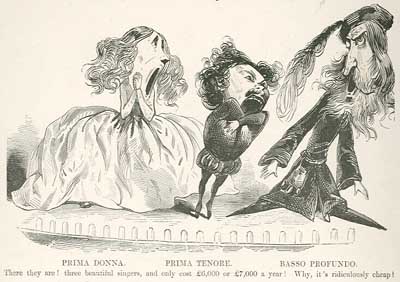
Dore is primarily known as an illustrator today, but his first successes were in the field of cartooning. Thousands of his "grotesque caricatures" were published in various magazines in France in the 1850s and 1860s, as well as appearing in the prestigious British humor magazine, Punch. The cartoons in this article appeared in a book titled 200 Sketches Humorous and Grotesque which was published in London in 1867. (More on that amazing book in the near future…) Dore’s style ranged from the wildest exaggeration to classically constructed human figures- and every variation between the two. In addition to drawing, he was also an accomplished painter, sculptor and engraver.
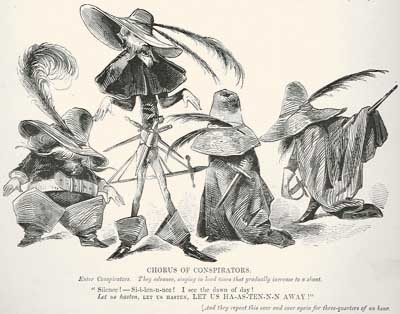
In 1847, Dore decided he wanted to create a book of engravings based on a great literary work, Dante’s Inferno. He visited the offices of Louis Hachette, the most successful publisher in Paris. Even though no book up to that point had sold for more than 15 Francs, Dore told Hachette that he wanted to produce a deluxe oversize book of engravings that would sell for 100 Francs. The publisher scoffed at the idea and assured him that no book would ever sell at that price. But Dore called his bluff, offering to pay the printing and binding expenses if Hachette would manufacture and distribute the book for him. Dore created 76 full page engravings for Inferno, and financed a print run of 100 large format books. Within two weeks, the first printing had sold out and Hachette was eager to eat his words and publish the book on Dore’s terms.
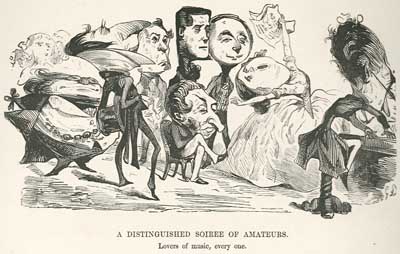
With a team of the greatest available engravers working under his supervision, Dore went on to create iconic engravings for Don Quixote, Baron Munchausen, Fontaine’s Fables, Milton’s Paradise Lost and the Bible, among many others. In just three years, he produced over 2,000 engravings, and continued to maintain an incredible pace for another two decades. Although Dore’s paintings and sculptures were exhibited in museums with great success, his most important legacy wasn’t as a fine artist. Vincent Van Gogh called him… "an artist of the people". Dore was the first serious artist to use the power of modern technology, specifically engraving and electrotypes, to deliver his art directly to the masses. His Bible illustrations alone were published in almost 1,000 editions around the world. Just about every serious reader in the late 19th century had at least one volume in his library that included Dore illustrations, and his work continues in print to this day.
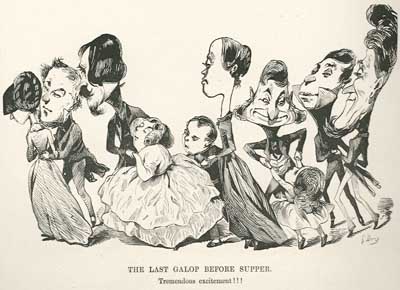
The influence of the imagery of Gustave Dore can be seen in classic movies like Intolerance, King Kong, Great Expectations and The Ten Commandments. Despite the fact that Dore’s engravings are nothing more than lines etched in black and white, he achieved a remarkable sense of scale, depth and mass, as well as truly spectacular lighting effects. It’s no wonder that the masters of epic filmmaking, D.W. Griffith, Cecil B. DeMille and David Lean referred to Dore’s illustrations for their set designs. Stop-motion animators, Willis O’Brian and Ray Harryhausen have cited Dore as one of their main influences as well. Harryhausen was quoted in an interview as saying, "I’ve always wanted to do Dante’s Inferno, because of Gustave Dore. He had done the first illustrated book of Dante’s Inferno- A Trip Through Hell. I felt that would look terrific in animation, but when I got deeper into it, I thought, ‘Will people be able to sit through an hour and half of tormented souls writhing in Hell?’ Although these days they sit through over two hours of tormented souls!"
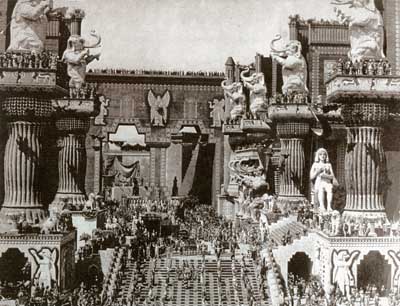
Set design for D.W. Griffith’s "Intolerance" (1916). See Dore’s depiction of Babylon below.
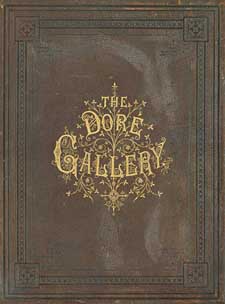
![]() Animation Resources was fortunate to obtain an 1870 edition of the most monumental collection of Dore images ever published, The Dore Gallery. Referred to in the book trade as an "elephant folio" because of its huge size, this two volume set contains hundreds of high quality engravings from many of Dore’s greatest works. Our scanning team has been carefully digitizing this amazing book, resulting in archival quality scans.
Animation Resources was fortunate to obtain an 1870 edition of the most monumental collection of Dore images ever published, The Dore Gallery. Referred to in the book trade as an "elephant folio" because of its huge size, this two volume set contains hundreds of high quality engravings from many of Dore’s greatest works. Our scanning team has been carefully digitizing this amazing book, resulting in archival quality scans.
REFPACK009: 101 Beautiful Images By Gustave Dore
![]()
Adobe PDF File / 198 Pages
198 MB Download
DVD QUALITY VIDEO:![]()
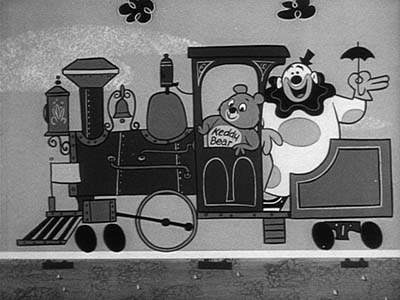
Keds Commercial Reel![]()
Paul Fennell Studios (ca. mid 1950s)
This is our final commercial reel from the collection of Paul Fennell. Again, as time passes we can see a refinement of style and approach to the advertising pitch. The early spots are clearly marketing the shoes as sports equipment, but the ads evolve first into a Mother Goose theme that appears to be designed to appeal to mothers, and later to a campaign featuring a character mascot, Kedso the Clown. Voiced by children’s TV personality Pinkie Lee, the Kedso spots were very influential on the design of later television animation at Hanna-Barbera and other studios. We thank the family of Paul Fennell for sharing all of the wonderful commercial reels with us that we have been featuring over the past year.
REFPACK009: Keds Commercials![]()
M4V Video File / 10:53
128 MB Download
CLICK TO BUY THIS VIDEO DOWNLOAD
DVD QUALITY VIDEOS:![]()
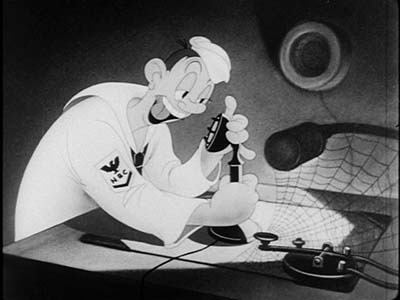
![]()
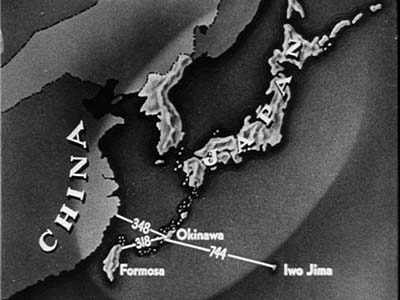
Presenting Rear Admiral / Okinawa![]()
First Motion Picture Unit (ca. 1945)
In our last Reference Pack, we presented a film called "Night Battle", produced by the First Motion Picture Unit to train the Navy about strategic operations in the Pacific. This time we include a film called "Presenting Rear Admiral A. S. Merrill USN”, which appears to be a truncated version of the earlier film. Also included in this month’s Reference Pack is a training film on the battle of Okinawa, which includes some impeccably designed map graphics tracing the details of the Allied forces’ success there. These two films don’t include as much animation as our previous downloads, but they were a part of Paul Fennell’s personal collection, so we include them here for the sake of completeness. We thank the family of Paul Fennell for allowing us to bring these rare films to you.
REFPACK009: Presenting Rear Admiral![]()
M4V Video File / 9:14
128 MB Download
REFPACK009: Okinawa![]()
M4V Video File / 20:22
348 MB Download
MEMBERS LOGIN To Download Video
JOIN TODAY To Access Members Only Content
MEMBERS LOGIN To Download Video
JOIN TODAY To Access Members Only Content
Not A Member Yet? Want A Free Sample?
Check out this SAMPLE REFERENCE PACK! It will give you a taste of what Animation Resources members get to download every other month!





